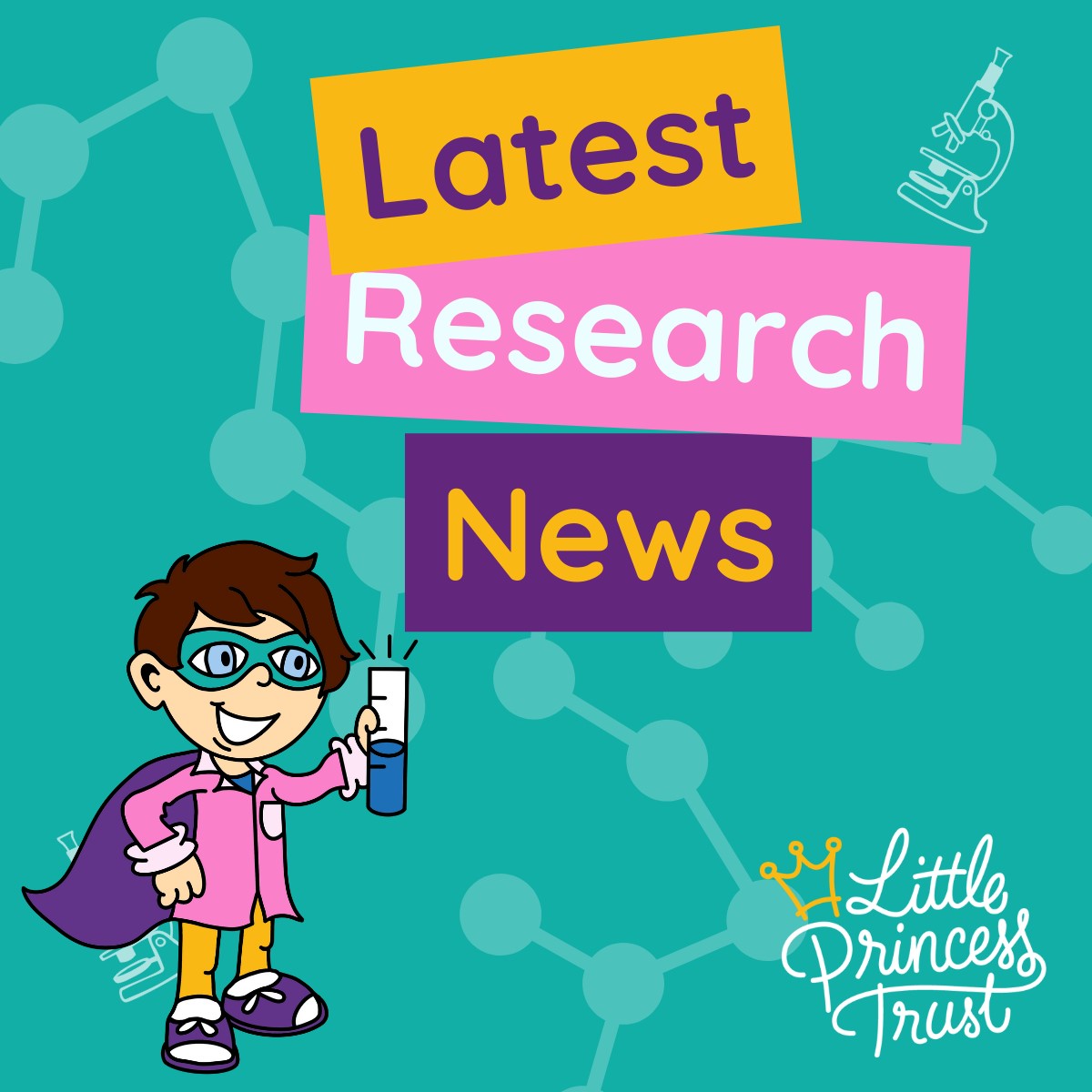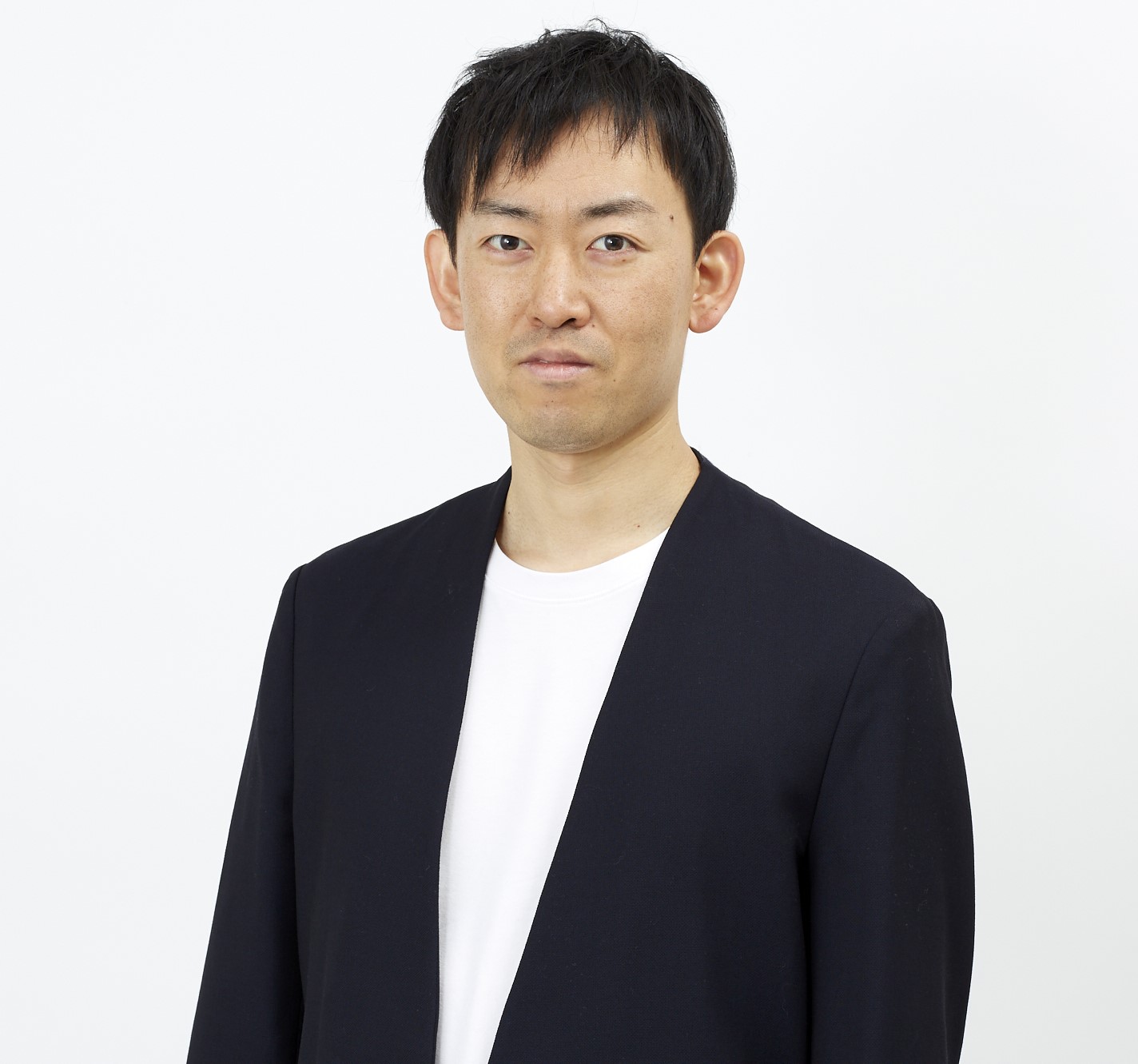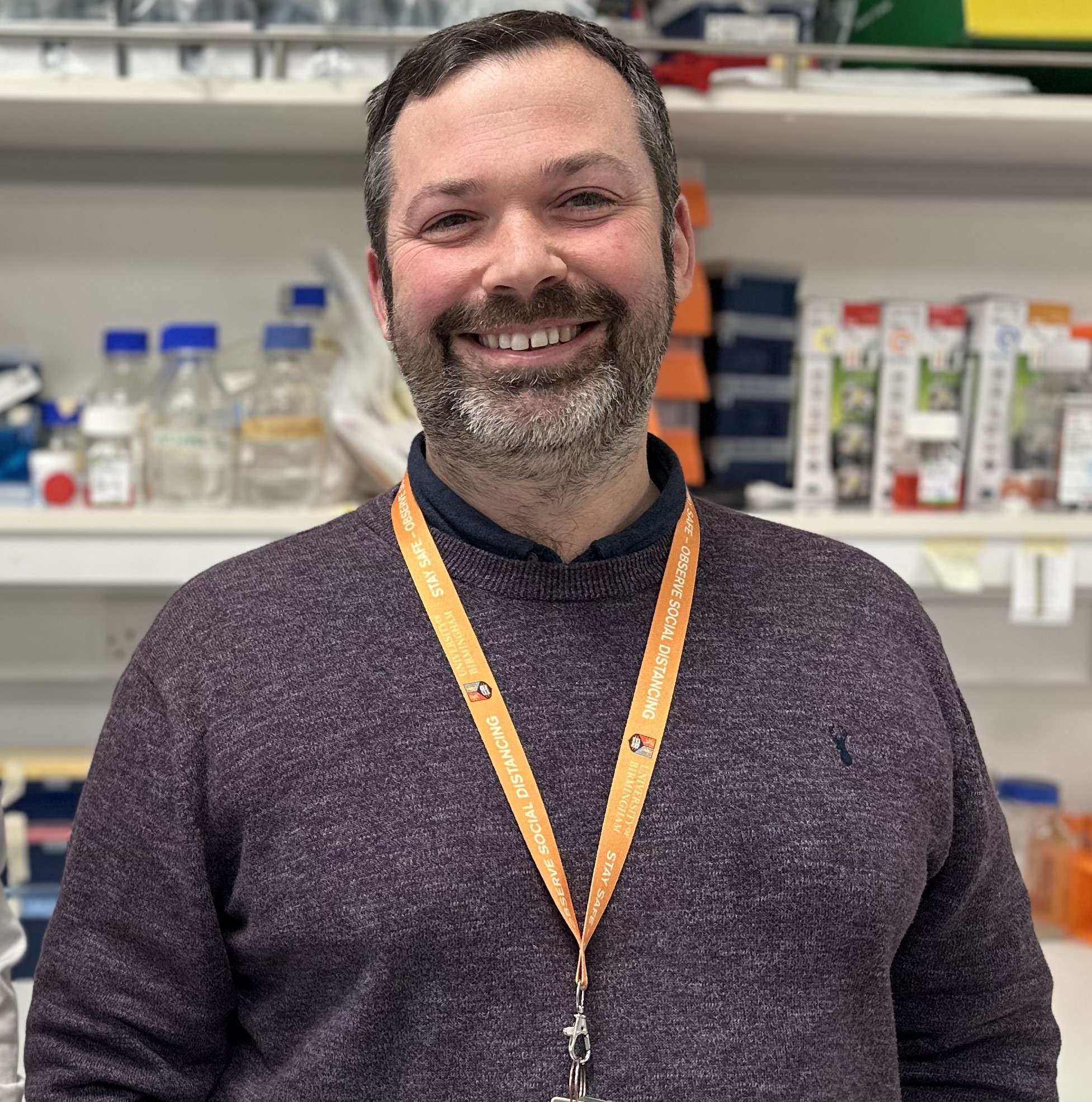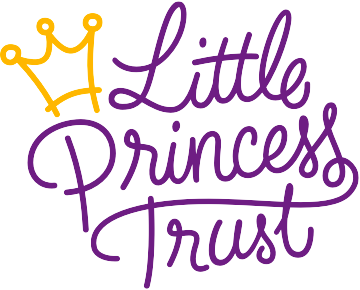Little Princess Trust News
Research into kinder brain tumour treatments funded by LPT

Hopes that new type of immunotherapy could be a breakthrough
The Little Princess trust has funded two brand new research projects that are working towards kinder and more effective treatments for common types of childhood brain tumours.
Brain tumours can be difficult to treat because it is hard to get medicines into the brain without affecting a child’s development.
However, they are also one of the most common types of childhood cancer, and patients need new and better treatment options.
Our first new project, titled Engineering an effective new immunotherapy treatment for paediatric high-grade glioma, is being led by Dr Jun Ishihara at Imperial College London. He is working on a type of brain tumour called paediatric high-grade glioma (PHGG).
This type of cancer is really good at surviving cancer treatment, and so Jun wants to develop a new type of immunotherapy, a type of treatment that uses a patient’s own immune system to hunt down the cancer cells, that will be harder for PHGG to survive.
Jun said: “It is an unacceptable fact that some children get cancer that affects their and their families’ lives. As a bioengineer and a father, I want to make a ‘smart’ drug that is safe and long-term effective.
“We believe that our new type of immunotherapy could be a breakthrough, especially against PHGG that doesn’t respond to radiotherapy.

"Early experiments show that our treatment is effective in glioma in the brain, improving the cure rate and preventing the cancer from growing back.”
In his project, Jun will test his new treatment in model systems which are able to show how a human immune system would respond to the treatment, not just whether the immunotherapy can kill cancers cells.
He also wants to find the best way to get the immunotherapy into the brain where it is needed.
He said: “Our aim in this project is to get to the point where we are ready to conduct clinical trials. This research will ultimately lead to the development of therapies for PHGG patients who currently do not have enough treatment options.”
Professor Daniel Tennant is leading the second new brain tumour research project from the University of Birmingham. His project, titled Investigating the role of an amino acid to find a better treatment for children with medulloblastoma, looks at a type of cancer called medulloblastoma that is most common in babies.
Daniel said: “Our project will be investigating the way medulloblastoma uses a nutrient called glutamine to avoid being killed by cancer treatments.
“In this project, we will investigate exactly how the glutamine allows medulloblastoma cells to avoid being killed, and want to work out the best way to block the cancer from doing this.

"We hope that our work can be used to develop new treatments that stop medulloblastoma cells using glutamine, which would make them more sensitive to chemotherapy and radiotherapy.”
Daniel’s team are focusing on a particularly aggressive type of medulloblastoma that is often resistant to treatment, but he believes that this approach might work for all medulloblastoma tumours.
He added: “We’re absolutely over the moon to have receive this funding and are so grateful to all the fundraisers and the people who donated to The Little Princess Trust to make this possible.
We are excited about this project as, if we are correct, we have a really good chance of improving outcomes for children living with the most treatment resistant type of medulloblastoma, and who have an urgent need for better and kinder therapies.”
Wendy Tarplee-Morris, Director of Services and Impact at LPT, said: “We are delighted to have funded two such promising and innovative projects that we hope will make a real difference for children with brain tumours in the future.
“Our mission is to provide Hair and Hope to children with cancer. Our wigs help thousands of children a year and, through research projects such as these, we believe there is a greater chance of a future where there are kind and effective treatments for every child with cancer.”



